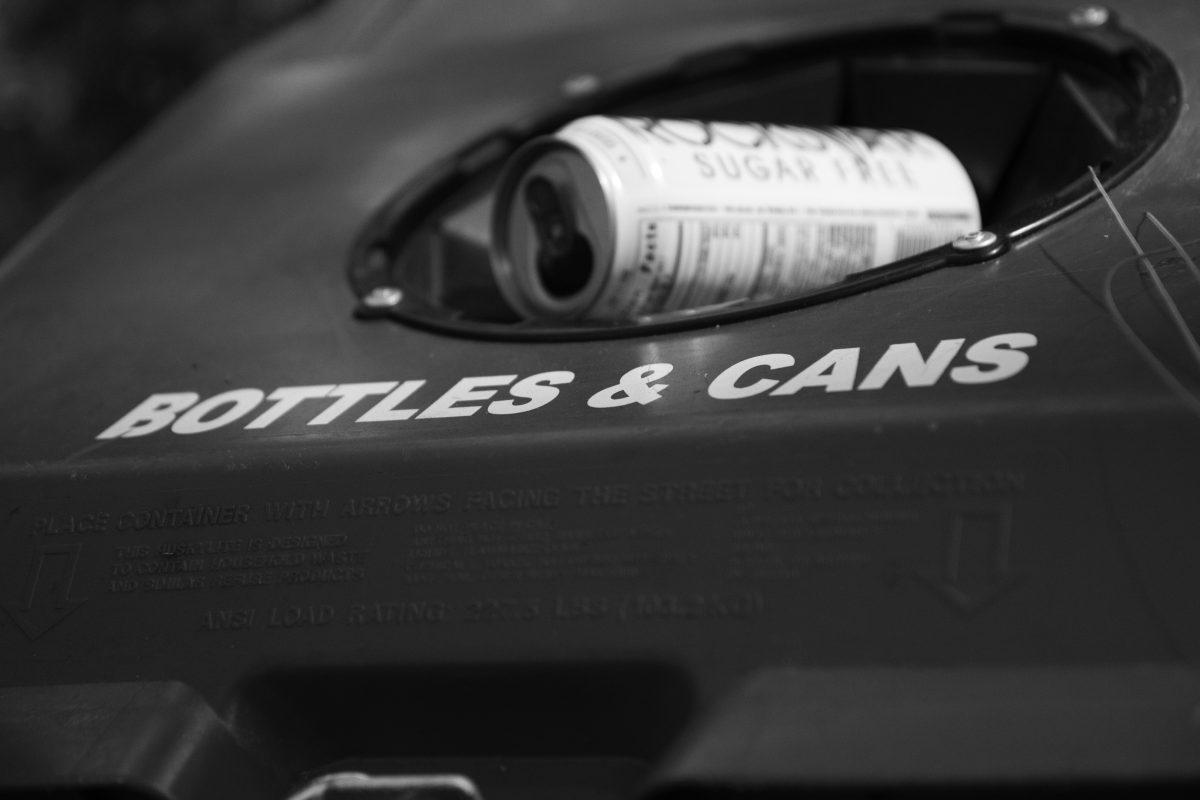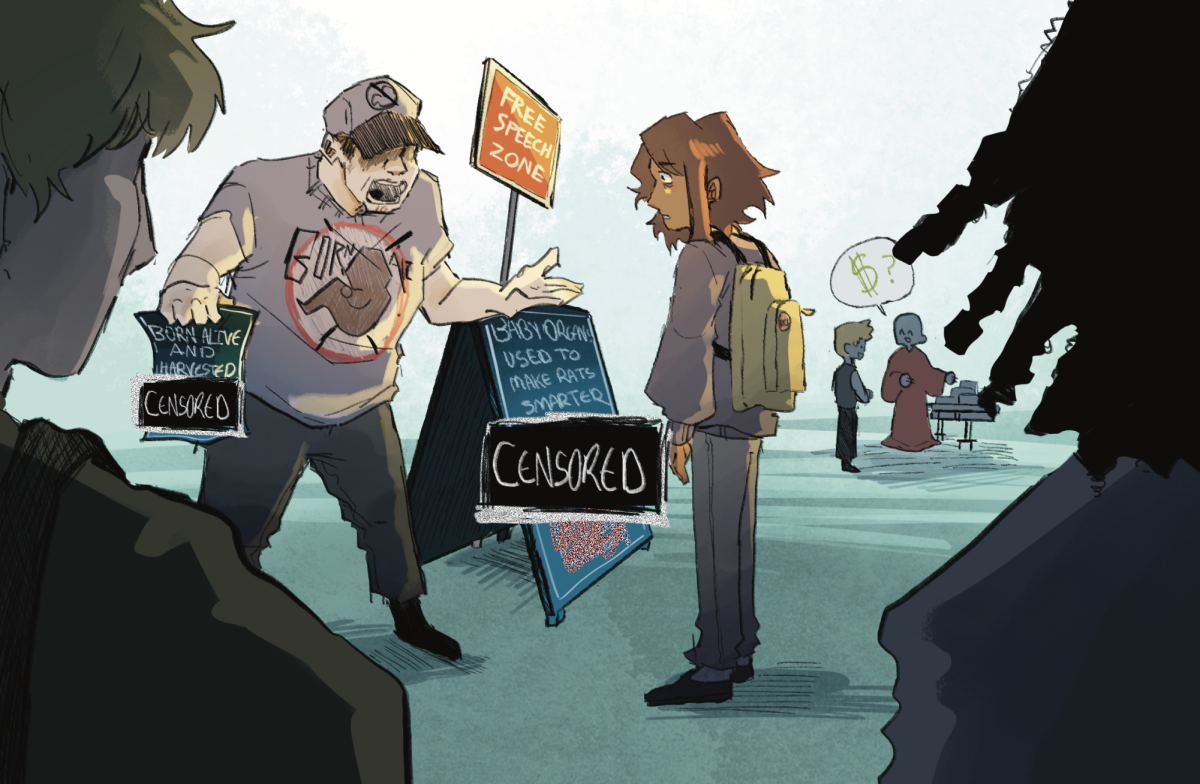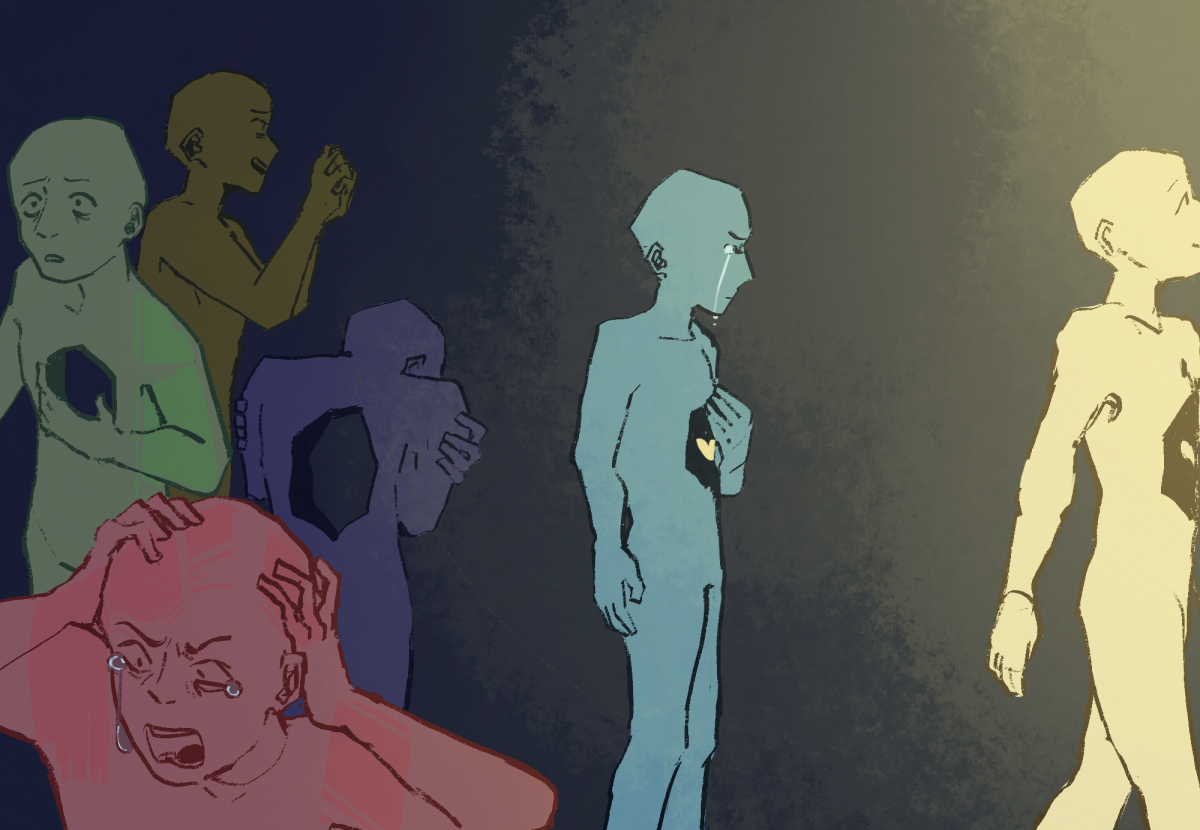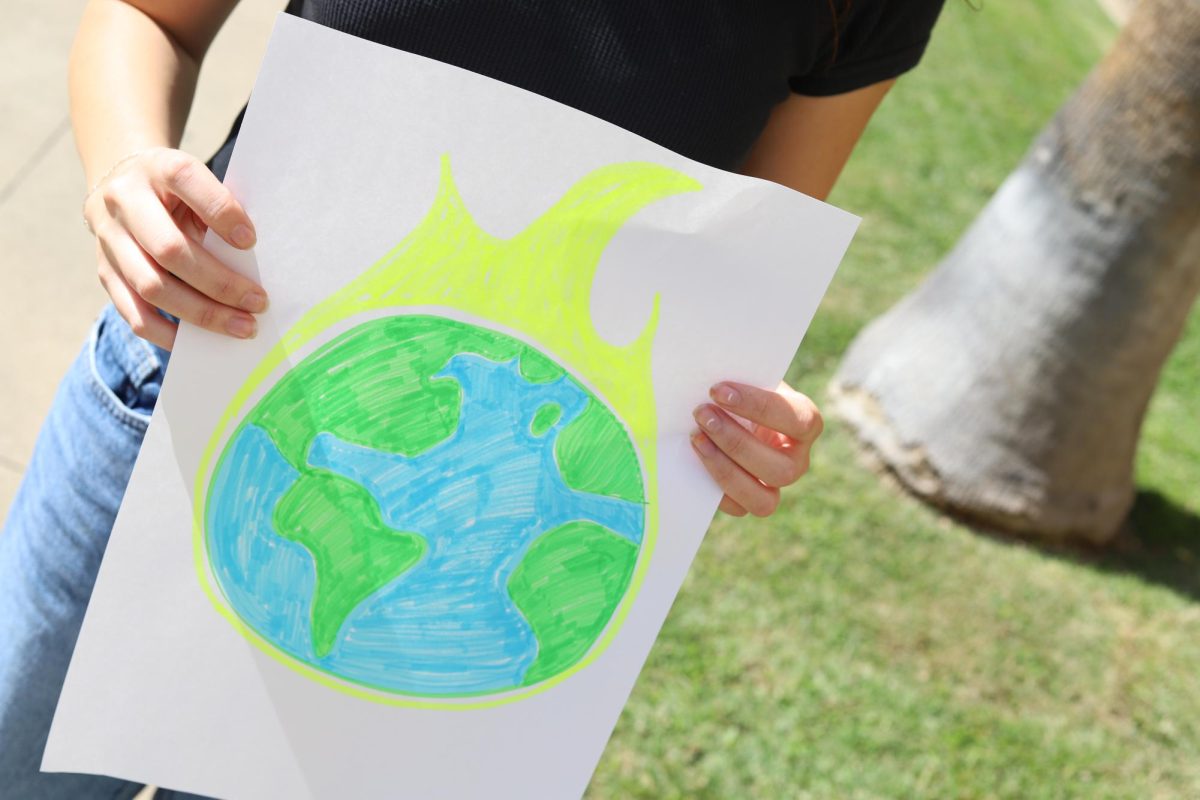When a student takes a walk around Riverside City College, one may look up to admire the aged eloquence of our campus: The light peeking through the greenery swaying above our heads, the clock tower of the Quadrangle that watches over the northern side of the campus, the oasis like intersection that welcomes students to the Bookstore and Cafeteria. These special places on campus are healing to the souls of our tired and hardworking students until you see a Brisk Iced Tea bottle rolling past your feet. Or you walk down to the Lovekin buildings and find a trashcan filled to the brim with soda cans, mixed in with some tennis ball containers.
Where do all of these plastic containers go? Are they conveniently placed in a recycling receptacle on campus? Or are they sent away into a great trash abyss along with the candy wrappers and trays that hold our chicken and fries? The latter is a little more likely than the former.
RCC’s lovely campus has fallen into the habit of not properly recycling bottles and cans, resulting in some much needed clean up in our facilities today. Financially, we are missing out on a great opportunity to be efficient with and complement RCC’s budget, however, it would seem the opportunity has been overlooked.
We’re talking about forming a recycling program. Doing so makes a difference in the district’s general income, and could ultimately establish a center on campus that can potentially thrive and recycle much more than just aluminum cans and plastic bottles.
One California community college in particular has already set the bar. Orange Coast College maintains and operates its own recycling center, which in turn nets them, on average, an additional $100,000 per year. This facility would not only open up jobs for students who seek employment, but will give others a designated location to take in their collected recyclables.
In 2013, the RCC Recycle Committee teamed up with Burrtec, a waste management company, to implement a program that would develop better recycling habits through a series of phases. These phases would consist of placing recycling bins around the cafeteria and select locations around campus. Phase I would start with a few simple recycling cans in the cafeteria, while Phase II would expand on the distribution of these bins, giving more recycling availability to students. Tonya Huff, associate professor of life sciences, wrote in an email that these phases would allow “the majority of the waste produced on campus” to be recycled. The goal of this program was to get away from strictly using the grey trash bins you see scattered around campus. As of now, Phase II hasn’t been sustained.
The reasoning behind needing phases to distribute recycling bins around campus is unclear, as it seems like it should be a simple thing to implement after minor funding is provided.
Since then, there have been recycling bins distributed throughout campus, with most of them residing in the cafeteria area, where they are needed most. There have been no additional phases added to the process as of late. Promotion of the effort has altered from time to time, such as this years “Bag It” event hosted by the Student Sustainability Club.
Burrtec provides numerous programs and waste reduction efforts such as Earth 911, CalRecycle and California Department of Conservation that specialize in either education about environmental health and economic vitality, or giving resources to improve our quality of life through creating and maintaining strong and reliable partnerships with recycling programs. RCC teaming up with them for another go-around could increase support of a renewed program,
Educating students about recycling is key. Past district-wide strategies ensured that clubs and programs on campus promote awareness of these improvements to encourage environmentally responsible citizens to recycle and do their part to contribute to the efforts.
Though past efforts to renew this program did not sustain as it originally intended to, we should not abandon the thought of what perks may come with being cognizant of what happens to our recyclable goods. Going green is an idea that should never be thrown away, especially in the wrong bin.







